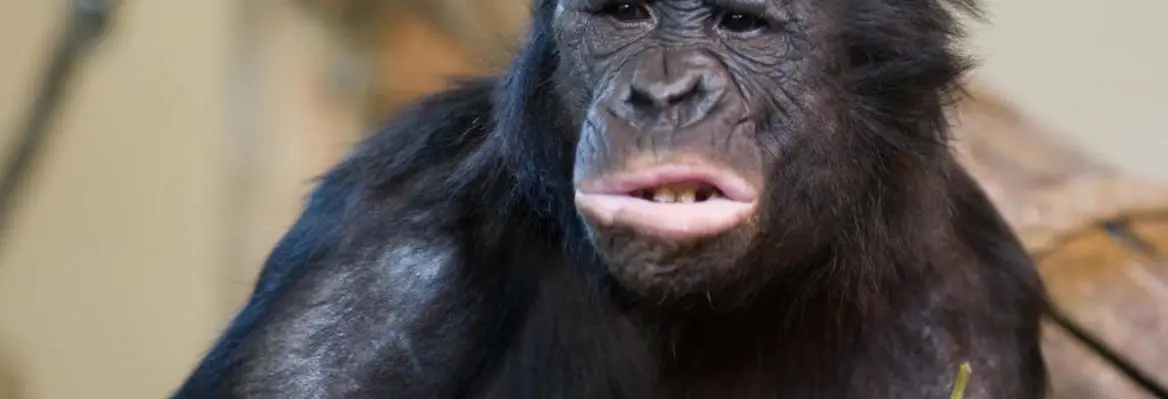What can science say about morality? Traditionally, the distinction between good and evil has been the terrain of philosophy and of religion. But in recent years, scientists have begun to explore the complex subject of morality, with surprising results. Might morality serve an evolutionary purpose? Is it even unique to humans?
Molly Crockett is an American neuroscientist best known for her work on morality, altruism and decision-making. She is Associate Professor of Experimental Psychology at the University of Oxford and is currently working on how harm aversion affects our decision-making processes. She spoke to the IAI about how neuroscience is changing the way we think about morality.
Could you outline your thesis on morality – what forms does it take and what evidence is there to show that certain elements of morality are actually instinctive?
It’s clear from research on both humans and animals that we have a very deeply rooted aversion to harming others, and this aversion to harming others infuses our moral judgment and also our moral behaviour. There has been work showing that even very small infants dislike puppet characters who harm other puppet characters. We see what looks like harm aversion in non-human animals, such as primates and rats. These suggest that the sense of harm aversion is very deeply ingrained, so could possibly be innate. Because we share it with other animals, it doesn’t seem unique to humans.
We have done some work recently which shows that people will, on average, spend more money to prevent a stranger from being harmed by electric shock than to prevent themselves from receiving pain. This study cannot say anything about whether harm aversion is innate or unique to humans, but we have shown a very striking level of altruism in the lab when it comes to making decisions about harm.
In terms of morality being instinctive, surely you cannot know if an action is moral until you reason whether it’s good or not?
There are different perspectives on this. Certainly some philosophical perspectives argue that truth is arrived at through reason. But given that we see the building blocks of morality, things like empathy and harm aversion, in babies and animals which clearly don’t have the ability to engage in sophisticated reasoning, then surely morality depends on more than just reason.
A recent study claimed to find an evolutionary basis for selflessness because it plays a part in human cooperation, suggesting that there is a form of self-interest in any act of selflessness. Do you believe in altruism for its own sake?















Join the conversation